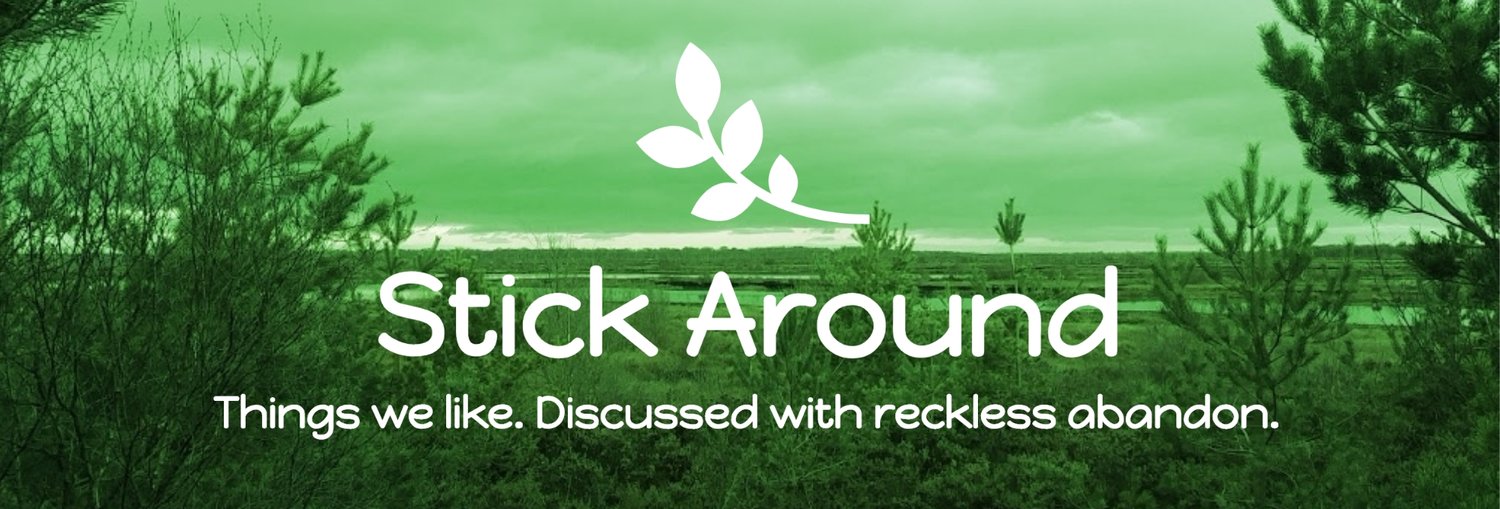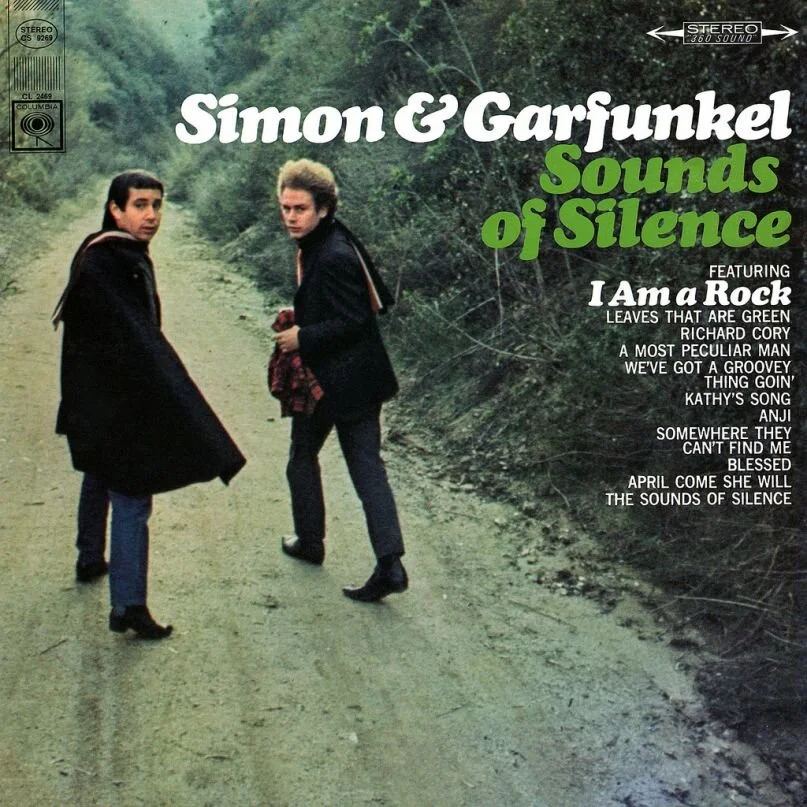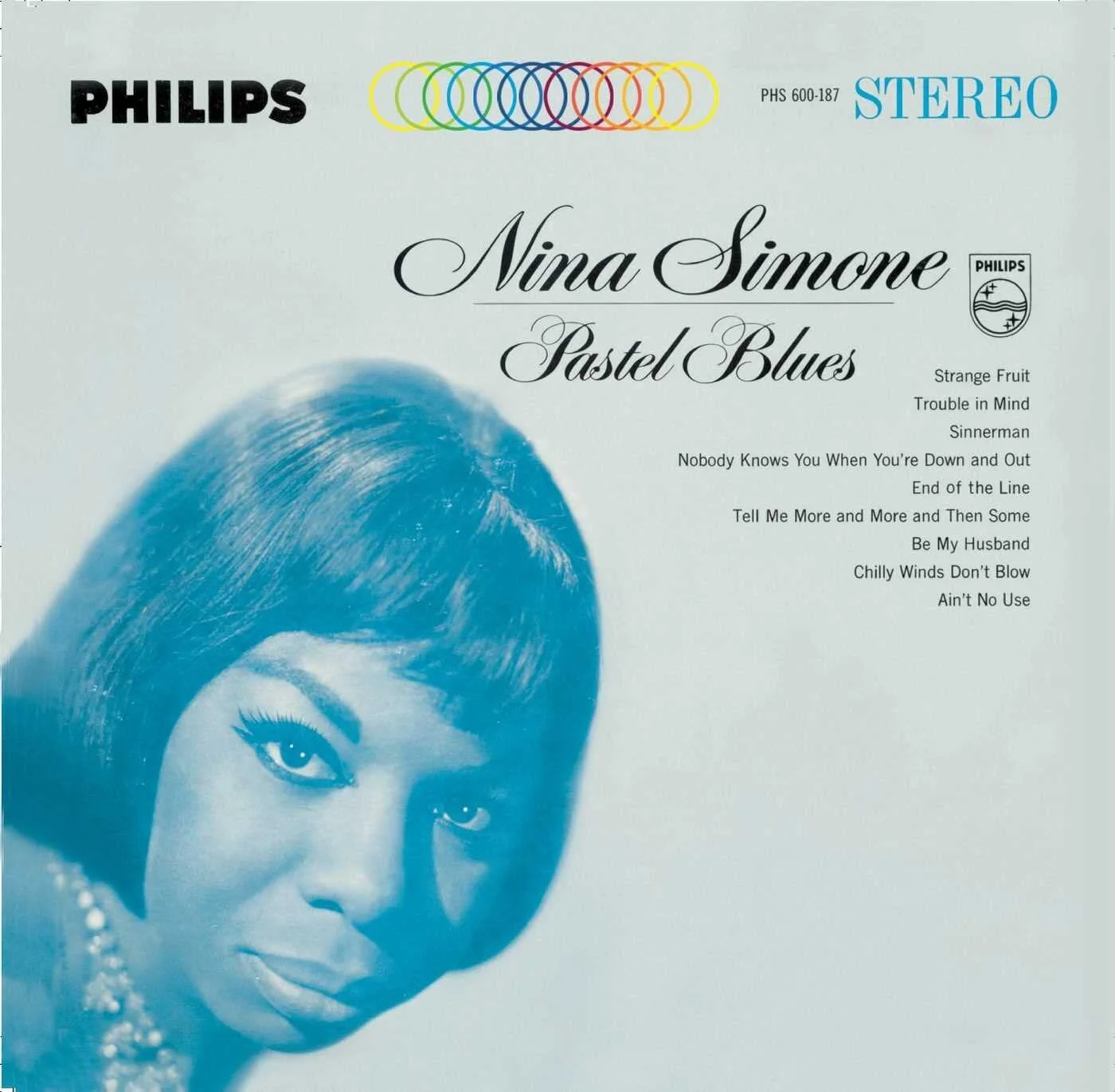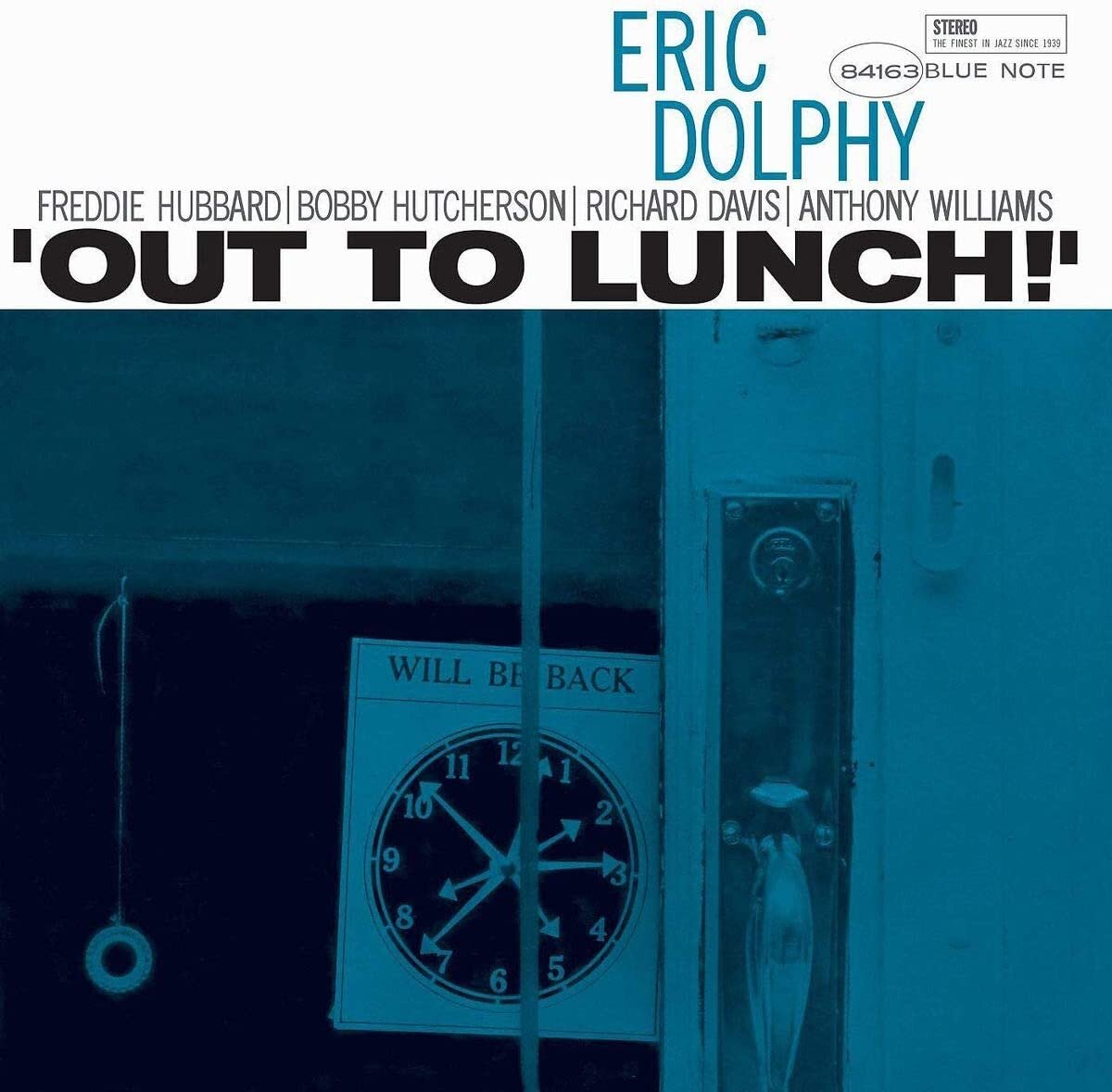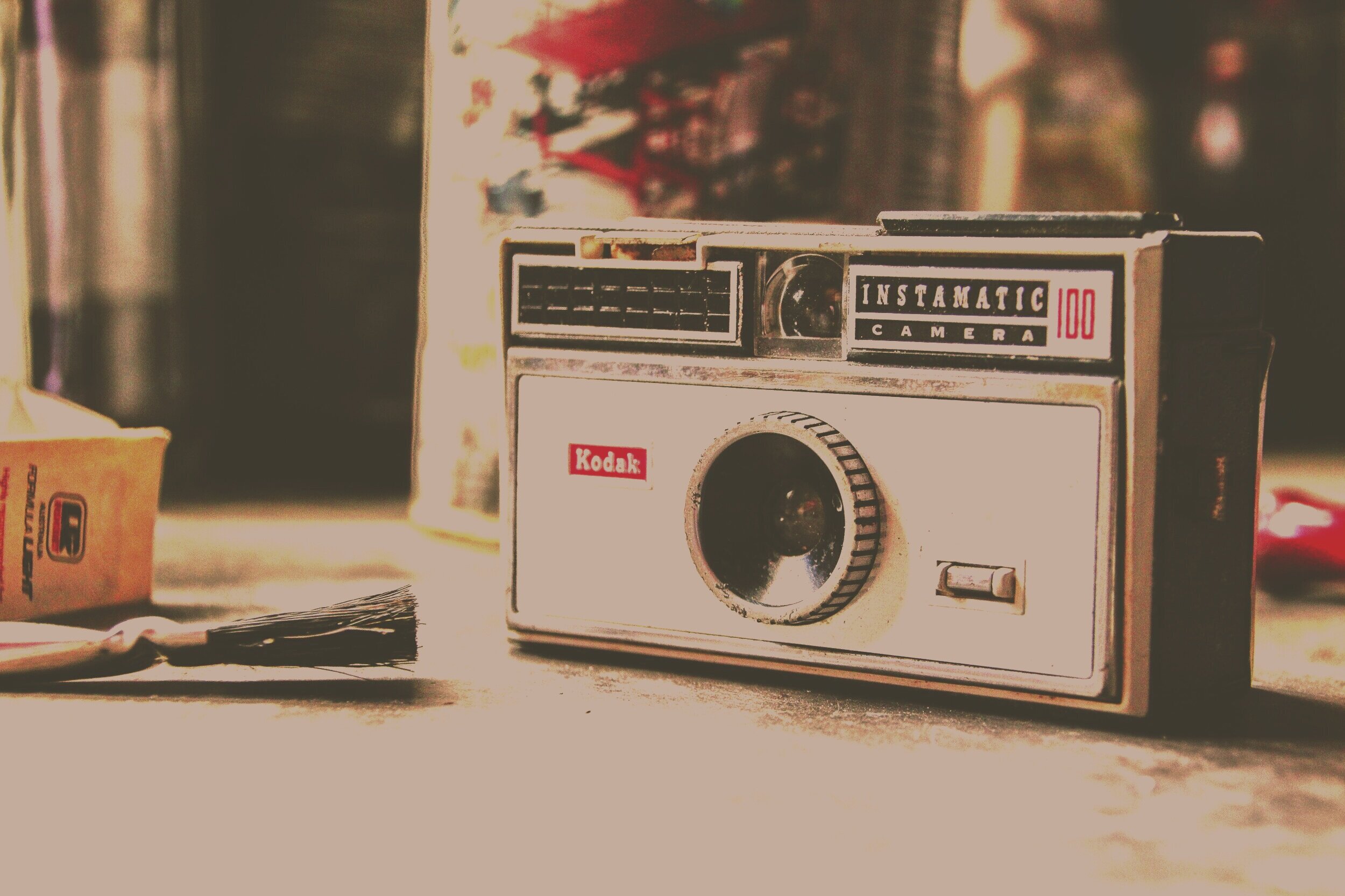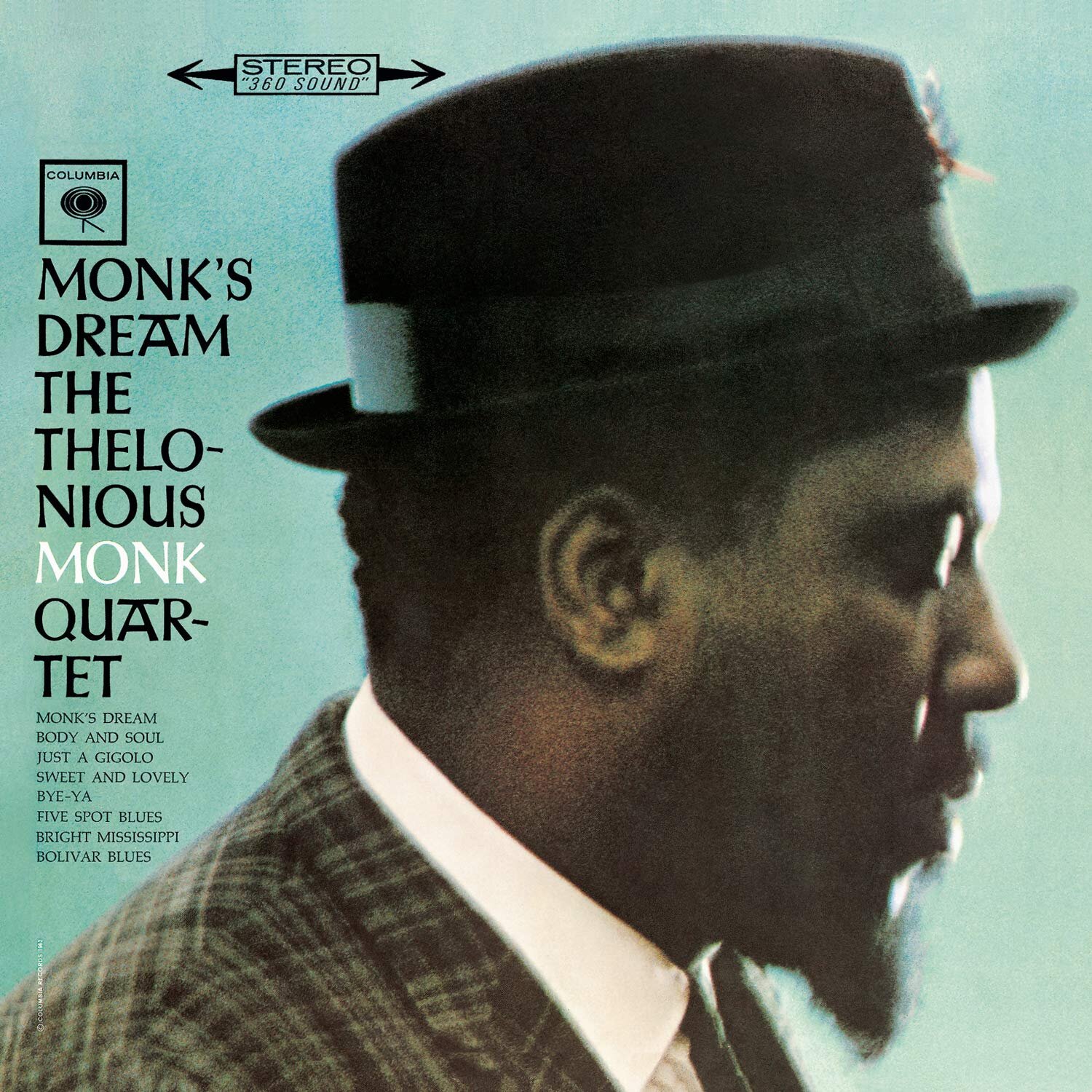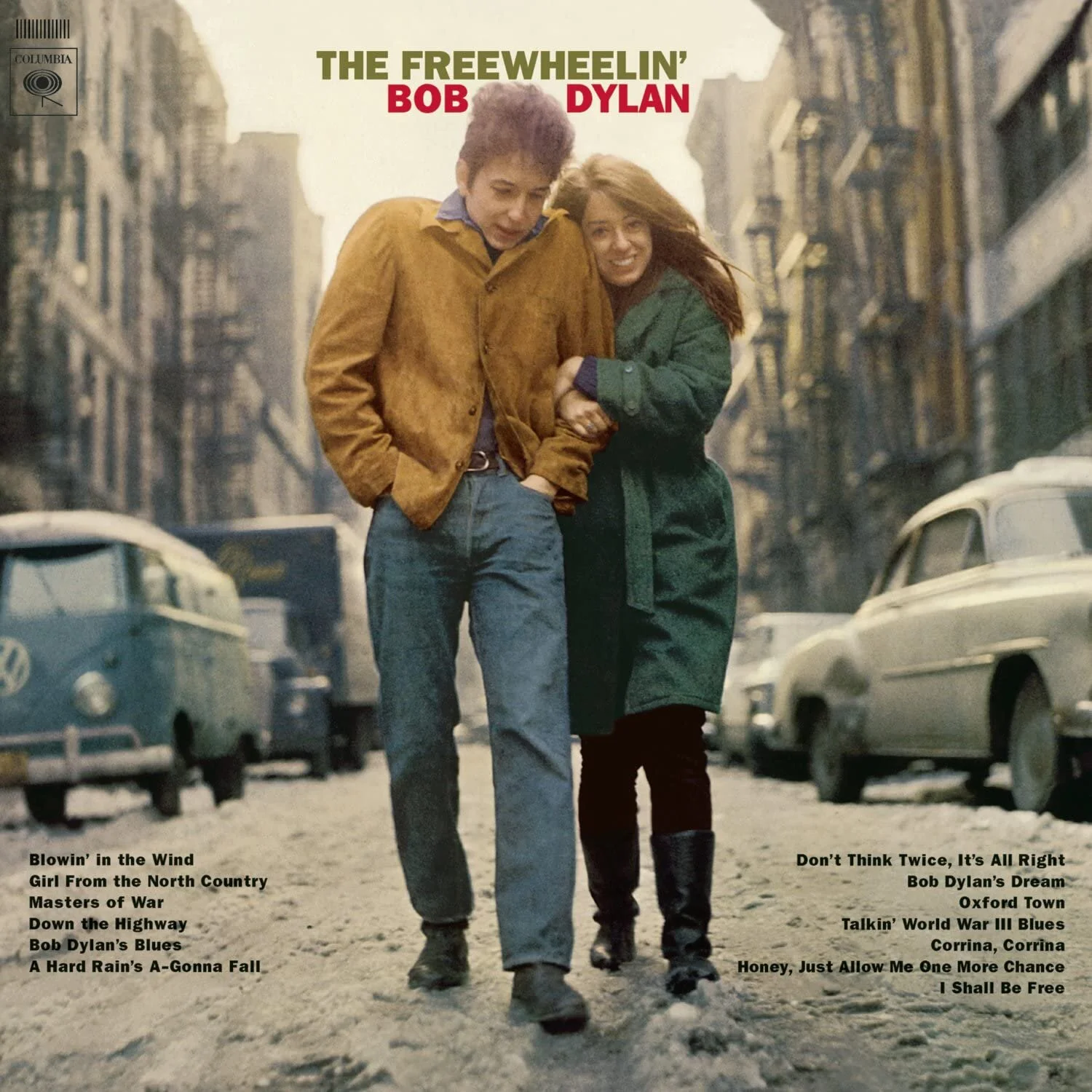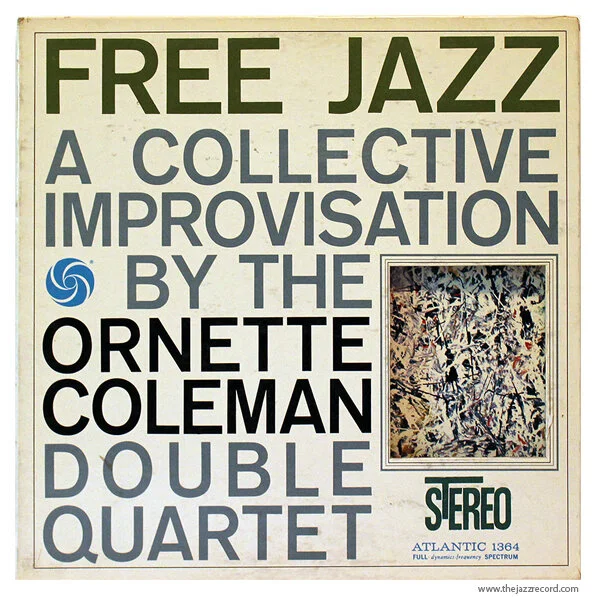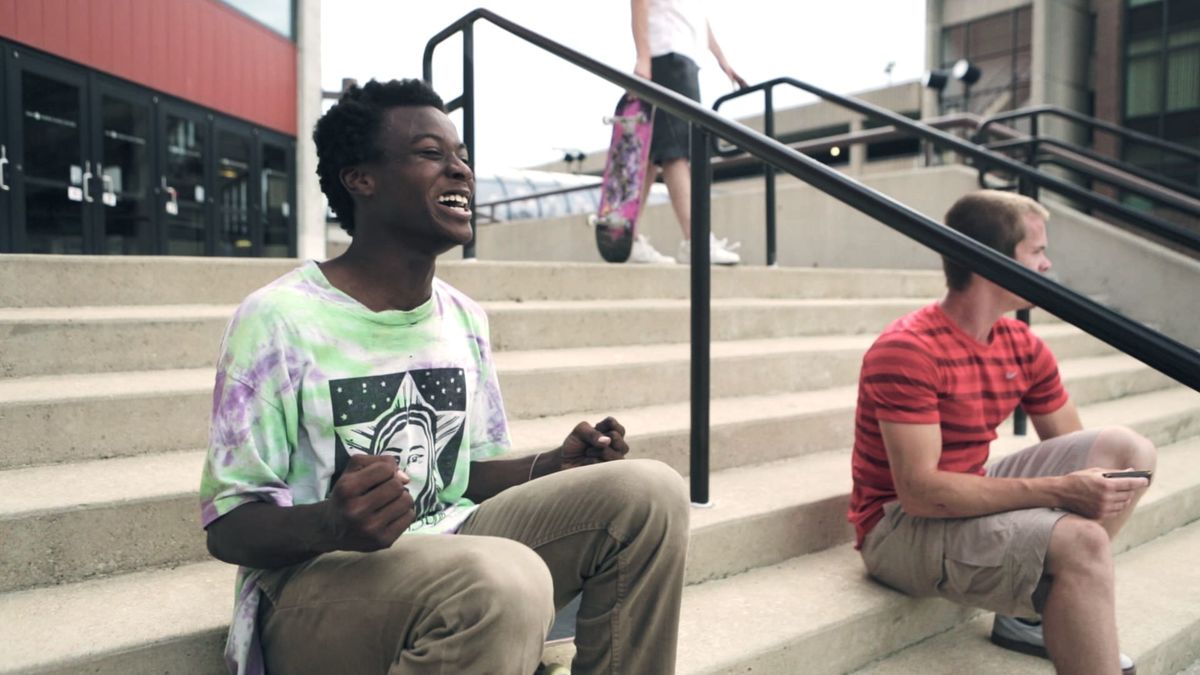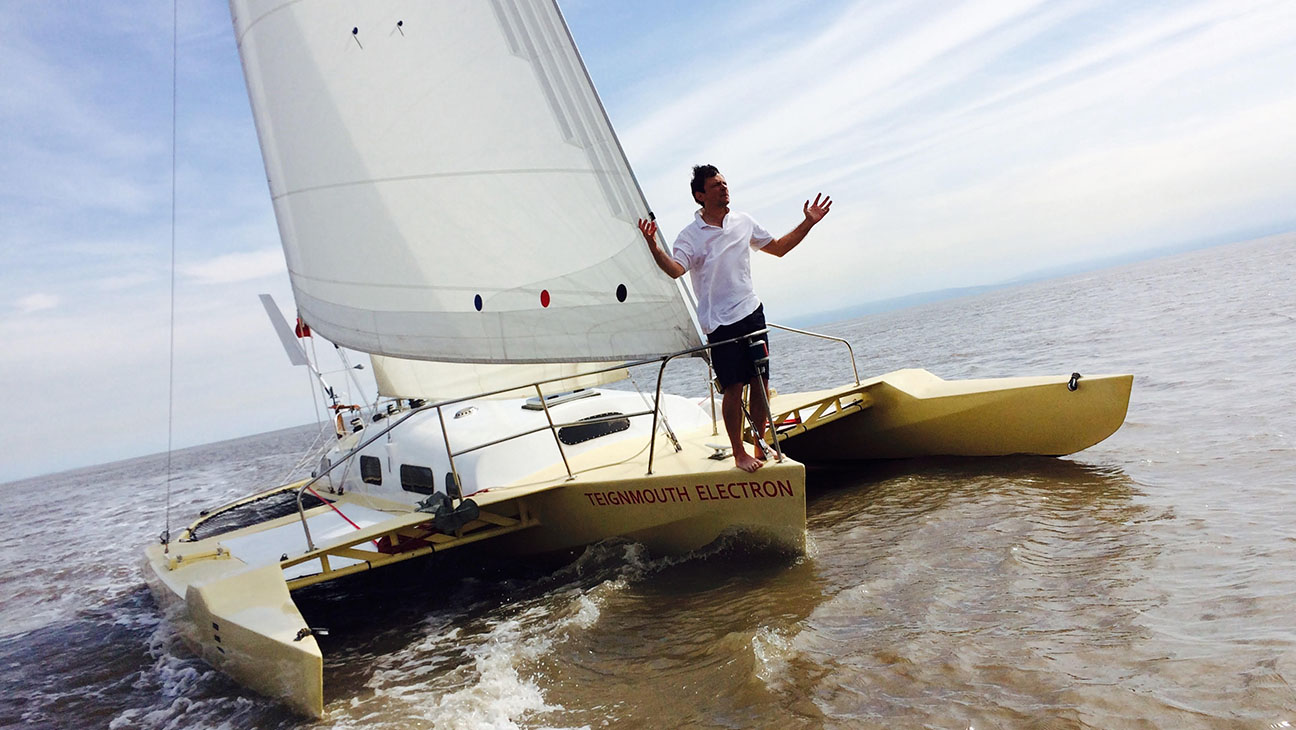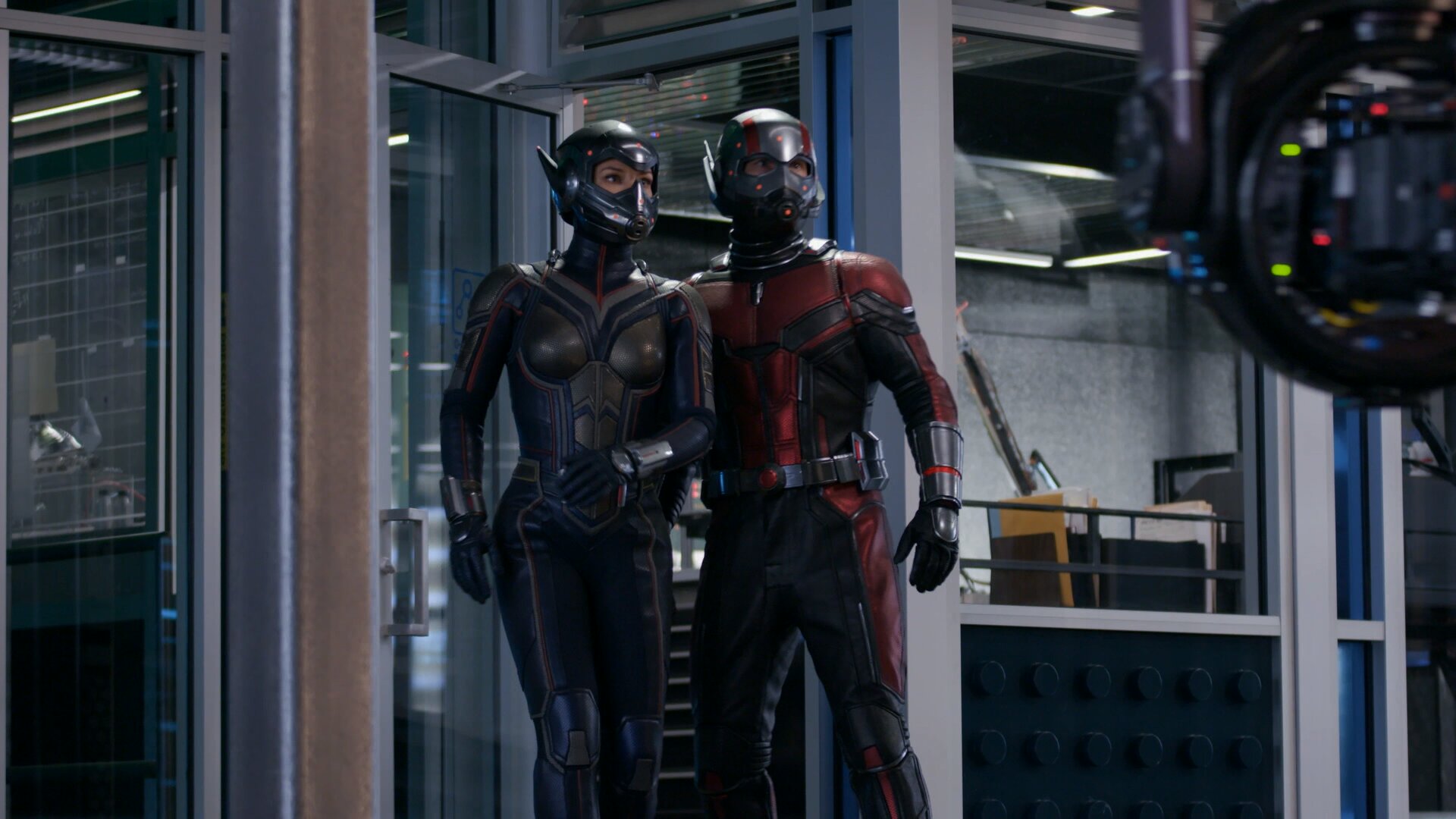Keef's Comedic Scrutiny
I’ve recently come across a BBC competition offering £5500 for someone to develop a comedy script for broadcast consideration. A decent incentive for budding creative talents. And how desperately the world craves a fantastic new comedy for some incredibly well-needed laughs. With that in mind, this list is my reflection on the best of that breed...
5. Porridge
This BBC sitcom ran for three series. Originally airing in 1973 (if you count the pilot episode), it has been repeated on a myriad of channels ever since. Set in HMP Slade, Ronnie Barker’s Norman Stanley Fletcher is superb – perfectly complimented by Richard Beckinsale’s Godber and a stellar supporting cast.
4. Bottom
I love Rik Mayall. The announcement of his death in 2014 is a ‘where were you when...’ moment for me (I was driving home from work with my mum). His death was the reason I took up running: to raise money for Headway – the brain injury charity he was a patron for – in place of ever seeing him performing or speaking live. This decision was a toss-up between Bottom and The Young Ones. Rik is great in both, but there are other elements of The Young Ones (Mike, Alexei Sayle...) that let it down. So Bottom wins. The subject matter is the daily grind of two “crude and perverted” flatmates, Richard Richard (Rik Mayall) and Edward Hitler (Ade Edmondson). The first episode features a visit to the local sex shop and the classic line: “This is a sex shop isn’t it? I’ll have five quid’s worth then”. And it’s uphill all the way for the next seventeen episodes of “chaotic, nihilistic humour and violent comedy slapstick” – which Mayall and Edmondson truly were the masters of.
3. Peep Show
Series 2 of Peep Show is one of the greatest single comedy series of all time. Unfortunately, there were some weaker series’ towards the end, which is the explanation for its position here. Peep Show first aired in 2003. It ran until 2015, making it the longest running comedy in the history of Channel 4. It has pervaded my speech and social interactions in more ways than I think I actually realise; it is endlessly quotable. The concept is unique and the “cringe moments” are completely heartfelt. The programme centres on Jeremy (Robert Webb) and Mark (David Mitchell) and their dysfunctional relationship, offering a ‘peep’ into their psyche and internal monologues. The show would be nothing, however, without the eclectic supporting characters: Super Hans, Johnson, Jeff, The Orgazoid...
2. Father Ted
I love it. And, being voted the greatest comedy show ever to be on Channel 4, it seems plenty of people agree; one of the Bee Gees was even buried with a copy of the boxset. Set on Craggy Island, the show focuses on three Irish Roman Catholic priests. Frank Kelly, as Father Jack, has always – and always will – steal the show for me in his permanently drunken state (except for the memorable episode where he sobers up – “am I still on that FECKIN island”), but the whole cast is great, including some wonderful cameos (notably Pat Mustard and his milk float). Three series’ of absolute comedic delight.
1. Blackadder
The standout moment of series 1 is Brian Blessed’s King kicking open the “bloody door”. From series 2 onwards, though, is absolute perfection. It is hard to choose which out of series 2, 3, or 4 is “the best” or, indeed, which is my favourite. All have moments – or entire episodes – of absolute genius. The presence of Rik Mayall’s recurring character Lord Flashheart (although limited to only two episodes) is another plus. There are not enough superlatives to describe Blackadder. Simply, it is a joy. Even now, when I know exactly what is going to be said, it still makes me laugh out loud. And the final scene is beautifully poignant too.
Notable mentions also to Phoenix Nights and Jim from The Vicar of Dibley.
